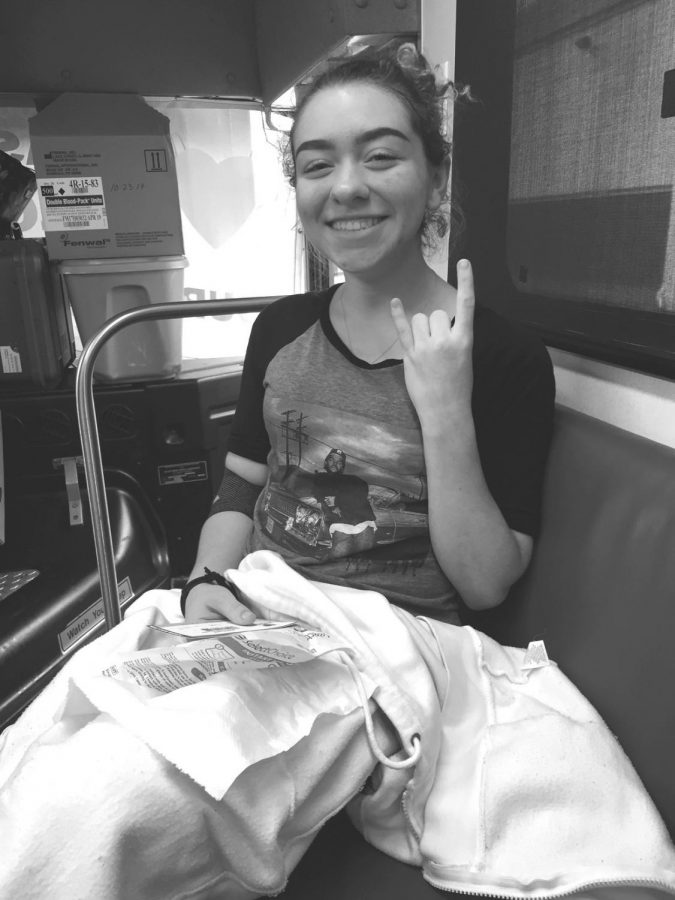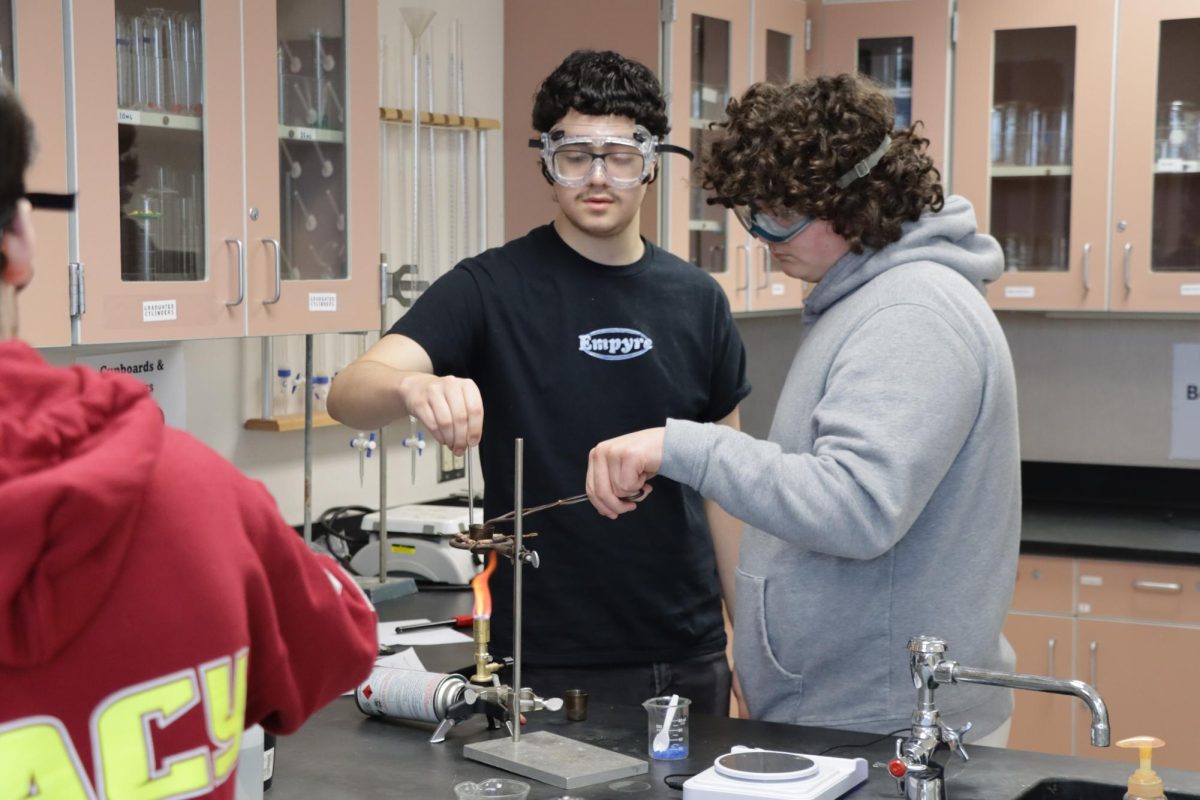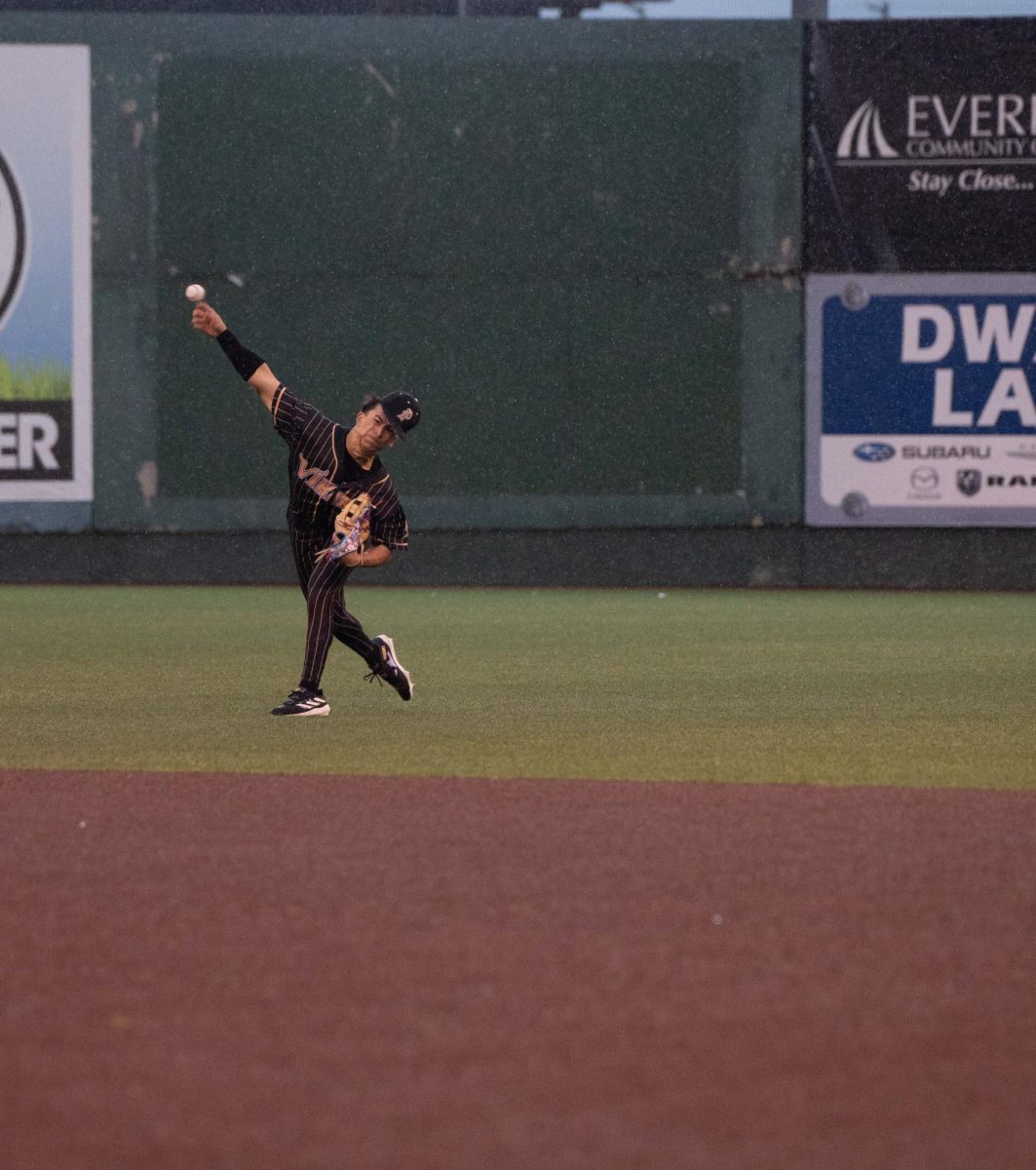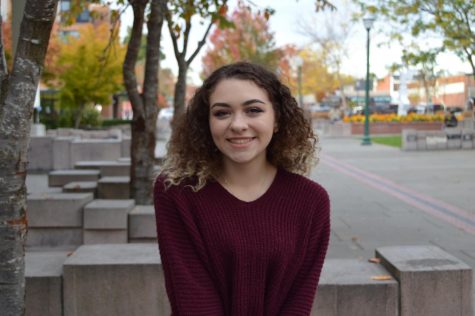Every two seconds, someone in the United States is in need of a blood transfusion.
The thought of a needle going into an arm and watching blood flow through into a plastic bag is not a happy thought for most people. For me, that process is something I genuinely enjoy. Not the needle-to-skin part but the part that reminds me that, one day, someone in need of a transfusion will get that transfusion because of me.
A lot of people assume that the blood goes to waste. This is in fact, not true. The process that Cascade Regional Blood Services (CRBS), a King and Pierce County blood center, goes through when people donate blood is pretty complex. When a donor takes an hour to donate blood, the donation goes through a multiple-step process before it is actually used for a transfusion.
It gets separated into components: red blood cells, plasma or platelets. The platelets are then stored at room temperature and cultured to detect any bacterial growth; platelets have a shelf life of five days. The blood goes through a filter that removes white blood cells, then separated into red cells and plasma.
In the third step, the blood goes through a very precise screening for diseases, viruses and genetic factors such as the sickle cell trait. If a blood test comes back with a negative screening, the blood is not used and the donor is notified.
The blood is stored in a fridge or freezer at a local blood bank, ours being CRBS. Within 10 days, the donation is sent to someone in need of a transfusion. Shelf life for a whole blood donation and red blood cells are about 42 days and plasma for one year if it is frozen and platelets have a shelf life of five days.
Every year, CRBS and HOSA team up at our high school two or three times to host a blood drive. My sophomore year, I had just turned 16 and I was so excited to donate. Unfortunately, I did not sign up in time and I was unable to donate.
I was so sad but I remember telling myself, “next year.” My junior year, I donated blood for the first time. It was so fun, the healthcare professionals in the buses were so funny and nice, they made me feel very comfortable and their humor was definitely a bonus. I have donated three times, twice during my junior year.
Last week HOSA hosted a blood drive with CRBS and of course, I had to sign up. One of the multiple benefits of being a continuous donor is that at CRBS you do not need a permission slip every single time you donate, since they will have you in their system.
I was super confident going in, I walked into the bus and it was the same team that had been with me for my first and second donation experiences. I immediately felt excitement.
I sat down, filled out the mandatory questionnaire. They pricked my finger to find my iron level, measured my blood pressure and took my temperature. I sat back down and waited for an available chair. The guy drawing my blood was one of the coolest people ever. He was so funny and nice and since I had previously donated, we knew each other.
I am 5’2” tall and I weigh 115 pounds, so walking into a donation bus was funny to the staff because I am so small. They continuously made jokes about my height in a humorous way and they made the entire experience very good for me.
The guy drawing my blood made me laugh because he kept asking me if I was gonna pass out in reference to my size. I promised I would not, since I had never fainted before and I was feeling very healthy and I had been drinking water the whole day.
The whole time I was in the bus I felt fine, up until they went to take the needle out. Out of nowhere, my vision went blurry, I felt nauseous and my hearing started to sound like when you put your ear against a wall and everything is muffled. All of the medical professionals were asking me questions.
I do not remember actually going out, I just remember waking up with ice packs on my chest and the back of my neck and asking where my phone was.
After measuring my vitals twice and making sure I could stand up and walk straight, they had me sit near the exit and keep an eye on me before I went back to class. I know it is their job to make sure everyone is okay and ready to go back to class after donating but the teams usually go a step further and make the whole experience very enjoyable.
Regardless of passing out, donating is something I will continuously do as long as I am able to. If me passing out means someone else’s life is being saved, I think it is well worth it. Being able to give a stranger something so personal that saves their life is a feeling nothing can replace.





